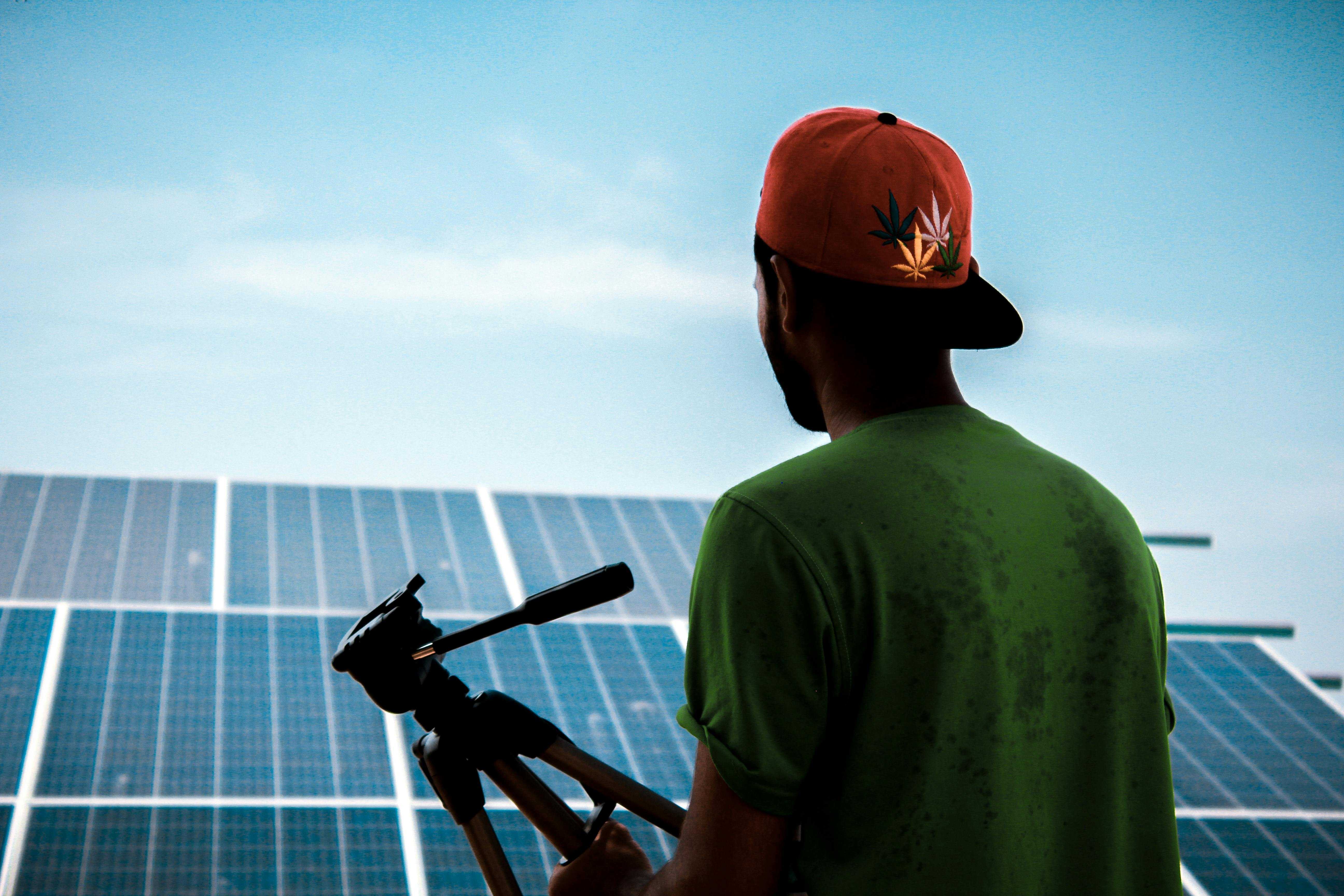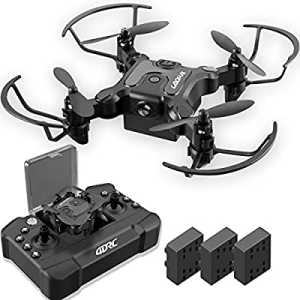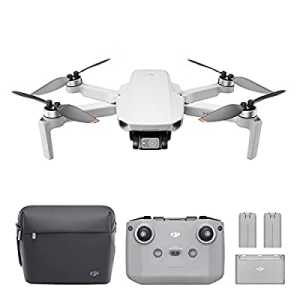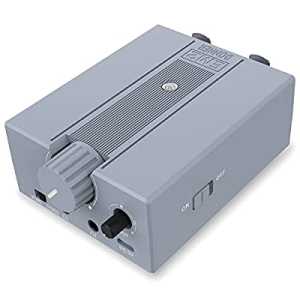
When Is Commercial Solar Energy Most Effective?

Commercial solar energy is most effective under specific conditions that maximize the system's efficiency and return on investment. Here are the key factors and conditions:
1. Peak Sunlight Hours
- Geographic Location: Areas closer to the equator receive more consistent sunlight year-round, making solar panels more effective.
- Seasonal Variations: In regions with distinct seasons, summer months provide longer daylight hours and more solar energy.
2. Building Orientation and Roof Angle
- South-Facing Roofs: In the Northern Hemisphere, south-facing roofs receive the most sunlight. In the Southern Hemisphere, north-facing roofs are optimal.
- Optimal Tilt Angle: The angle of the solar panels should match the latitude of the location for maximum sunlight exposure.
3. Weather Conditions
- Clear Skies: Locations with minimal cloud cover and clear skies ensure more consistent solar energy production.
- Low Humidity: Dry climates with low humidity levels can improve solar panel efficiency by reducing the scattering of sunlight.
4. Energy Usage Patterns
- Daytime Energy Consumption: Businesses that use most of their energy during daylight hours, such as offices, factories, and retail stores, can directly benefit from solar energy.
- Consistent Energy Demand: Facilities with consistent energy demand throughout the year can maximize the use of solar power.
5. Government Incentives and Policies
- Tax Credits and Rebates: Government incentives, such as tax credits and rebates, can significantly reduce the cost of installing solar panels.
- Net Metering Programs: Policies that allow businesses to sell excess energy back to the grid can improve the financial viability of solar installations.
6. Energy Costs
- High Electricity Rates: In regions where electricity rates are high, the cost savings from solar energy become more substantial.
- Demand Charges: Commercial properties often face high demand charges for peak energy usage. Solar energy can help reduce these charges by lowering peak demand.
7. Available Space
- Large Roof Areas: Buildings with large, unobstructed roof areas can accommodate more solar panels, increasing energy production.
- Ground-Mounted Systems: Properties with available land can install ground-mounted solar systems to maximize energy generation.
8. Energy Storage Solutions
- Battery Storage: Incorporating battery storage allows businesses to store excess energy produced during the day for use during peak demand times or at night, increasing the effectiveness of the solar system.
9. Maintenance and Monitoring
- Regular Maintenance: Ensuring the solar panels are clean and well-maintained will keep them operating at peak efficiency.
- Performance Monitoring: Using monitoring systems to track energy production and system performance helps identify and address issues promptly.
10. Financial Health of the Business
- Long-Term Investment: Businesses in a stable financial position can afford the upfront costs of solar installation and benefit from long-term savings.
- Sustainable Business Practices: Companies committed to sustainability may prioritize solar energy for its environmental benefits, aligning with their corporate values and goals.
By considering these factors, businesses can determine the most effective conditions for installing and utilizing commercial solar energy systems, ensuring maximum efficiency and financial returns.
Author Bio
Article Comments
No Comments!
At present there are zero comments on this article.
Why not be the first to make a comment?
Similar Articles
Search Pages
Upgrade User Account
account to full use of editor,
including hyperlinks
Article Categories
There are zero sub-categories in this parent category.
There are zero sub-categories in this parent category.











